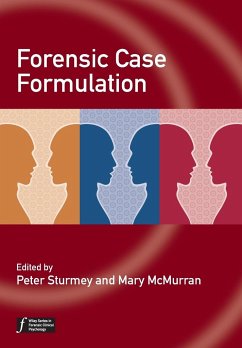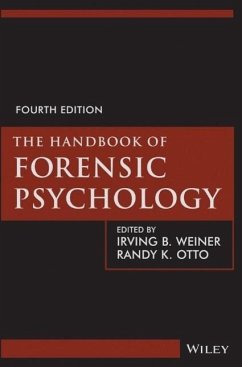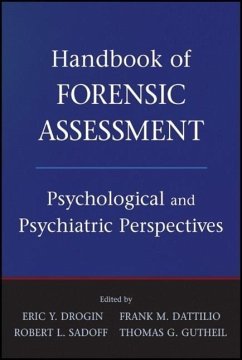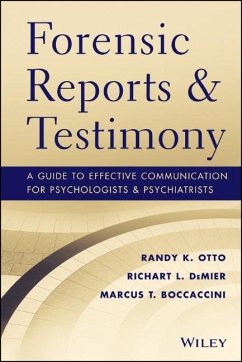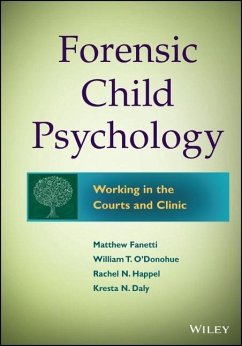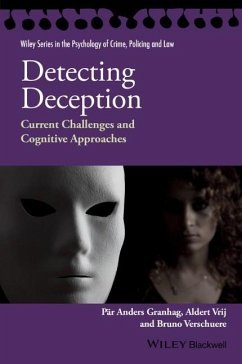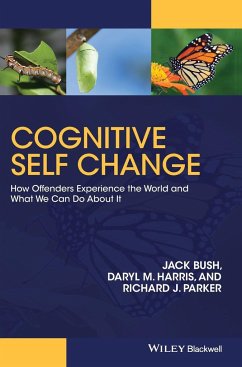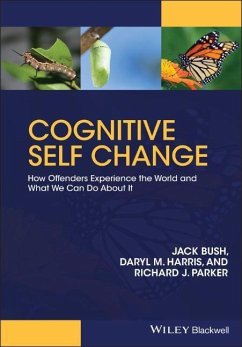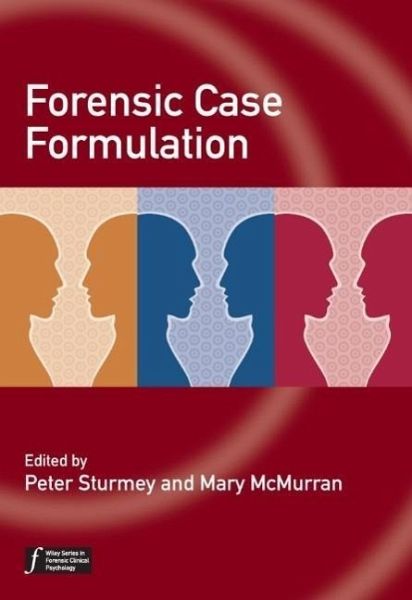
Forensic Case Formulation
Versandkostenfrei!
Versandfertig in über 4 Wochen
114,99 €
inkl. MwSt.

PAYBACK Punkte
57 °P sammeln!
Forensic Case Formulation is the first text that describesthe principles and application of case formulation specifically toforensic clinical practice.
Addresses risk assessment and its implications for caseformulation and treatment
Covers a range of serious forensic problems such as violence,sexual offending, personality disorder, and substance misuse
Offers guidance in training clinicians on ways to create usefulformulations
Addresses risk assessment and its implications for caseformulation and treatment
Covers a range of serious forensic problems such as violence,sexual offending, personality disorder, and substance misuse
Offers guidance in training clinicians on ways to create usefulformulations



